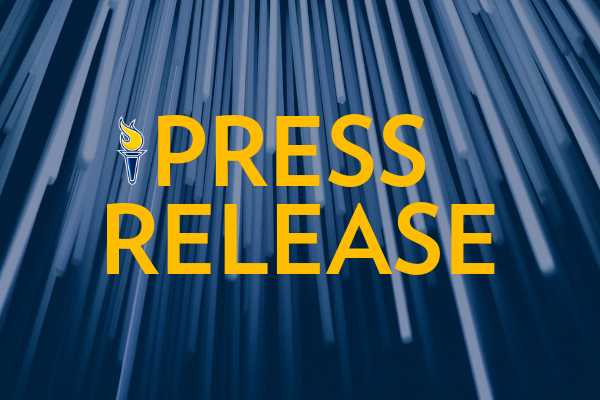Press Release

School Choice Expands in Pennsylvania Budget
June 25, 2021, Harrisburg, Pa. — Lawmakers today unveiled a deal on the next fiscal year’s state budget, which the governor is expected to sign.
The budget includes an increase in the cap on tax credit scholarships, which will allow approximately 13,000 more children to access the in-demand funding for their K-12 educations. It also prudently places $2.5 billion of state tax revenues into the Rainy-Day Fund and preserves more than $5 billion of one-time federal funding to deal with impending budget shortfalls.
Commonwealth Foundation President and CEO Charles Mitchell issued the following statement in reaction:
Today, thousands of students waiting and hoping to get a chance at attending the school of their families’ choice can breathe a sigh of relief. This budget not only includes the biggest expansion of the Educational Improvement Tax Credit program under Gov. Wolf—who has been openly hostile to school choice—but the biggest expansion since the inception of the program two decades ago. With a historic $40 million increase in the cap on donations, the EITC has nearly tripled in size under the Wolf administration, despite his resistance, growing from $60 million at the beginning of his administration in 2015 to $175 million today.
However, much work remains to be done. With 40,000 to 50,000 applications for scholarships getting denied each year, demand will continue to outstrip supply. Lawmakers and the governor should have eliminated the waiting list and enacted an automatic escalator to grow the program with demand. Until that happens, they are allowing government created limitations to deny children educational opportunity.
Additionally, we applaud the forethought of lawmakers who decided to replenish our state’s Rainy-Day Fund and ensure that federal funding remains available to tackle future issues. Pennsylvania taxpayers already shoulder too heavy a burden to pay for Harrisburg’s massive bureaucracies, and with revenue shortfalls expected in the near future it will be essential to limit overspending.
The new budget includes total ongoing general fund spending of $39.78 billion, an increase of $3.2 billion (8.8%) over last year’s enacted budget. Counting one-time expenses from federal stimulus funds, the total spending is $40.8 billion.
This increase greatly exceeds what a responsible budget increase would look like. If tied to inflation and population growth, the budget would increase by $654 million (1.79%).
The Independent Fiscal Office projects deficits exceeding $2 billion in future years. This deficit could require future tax hikes or spending cuts to address. Yet, the current budget doesn’t control costs—particularly the escalating costs in Human Services spending partly caused by the Wolf Administration’s cost overruns.
Additionally, the budget does not address Pennsylvania’s economic recovery, leaving needed regulatory reform and policies meant to address stagnating unemployment on the table.
Commonwealth Foundation experts are available for comment. Please contact Michael Torres at 850-619-2737 or [email protected] to schedule an interview.
# # #
The Commonwealth Foundation transforms free-market ideas into public policies so all Pennsylvanians can flourish.